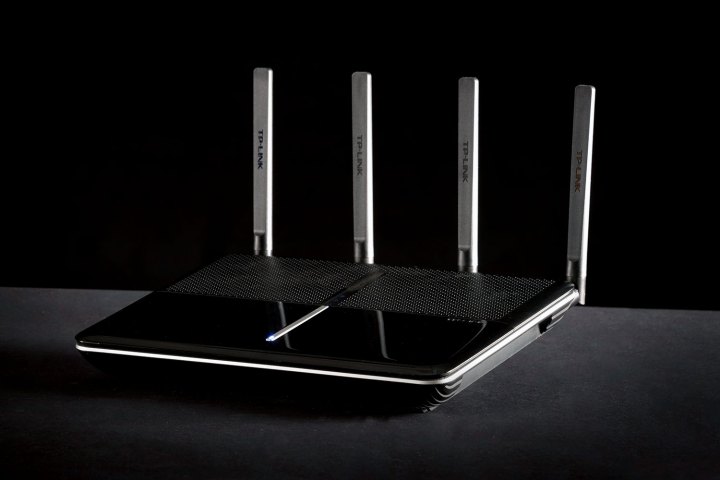
Users were able to exploit pre-installed TP-Link software to change the country code of their router, forcing it to operate at a higher power level than is allowed by the FCC on certain restricted Wi-Fi channels.
TP-Link halted sales of the offending hardware and distributed a software update to existing owners to remove access to the country code user setting. The company is also being forced to allow users to install open source firmware on its routers, despite the fact that recent FCC rulings have actually made it harder for manufacturers to give this freedom to their customers.
The open-source software issue was used as a “bargaining chip” during negotiations, according to a report from Ars Technica. TP-Link has apparently agreed to work with the open-source community to facilitate the installation of third-party firmware on its devices, to avoid being hit with further penalties by the FCC.
For the FCC, it seems that the intention is to strike a balance where users can customize their hardware and run the firmware that they choose to, without causing problems via their usage. One concern is that interference from devices running at certain frequencies could affect services like the Doppler weather radar operated by the Federal Aviation Administration.
“While manufacturers of Wi-Fi routers must ensure reasonable safeguards to protect radio parameters, users are otherwise free to customize their routers,” said Travis LeBlanc, chief of the FCC’s Enforcement Bureau in an official statement posted in response to the settlement. “We support TP-Link’s commitment to work with the open-source community and Wi-Fi chipset manufacturers to enable third-party firmware on TP-Link routers.”
Editors' Recommendations
- TP-Link’s Wi-Fi 6E router comes with motorized antennas for better reception
- TP-Link’s new blazing-fast Wi-Fi 6E routers coming later in 2021
- TP-Link rolls out its first midrange router sporting Wi-Fi 6 software specs
- Amazon is dropping prices on TP-Link Wi-Fi range extenders
- TP-Link’s new routers give you a huge mesh network for just $99


